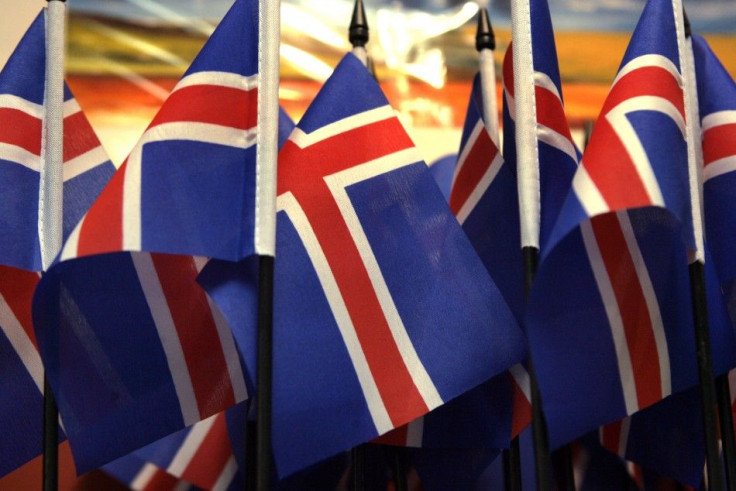By Any Other Name: Iceland’s Bizarre Naming Rules And Customs

A teenage girl in Iceland has won a legal ruling over the right to have her birth name approved by the state.
The Iceland Review reported that the Reykjavík District Court approved a petition by a 15-year-old girl, Blær Bjarkardóttir, to have her forename officially recognized by the authorities, overturning an earlier court ruling.
"I'm very happy," Blaer said after the verdict.
"I'm glad this is over. Now I expect I'll have to get new identity papers. Finally, I'll have the name Blaer in my passport."
Up until the latest ruling, Blaer was referred to simply as “stulka” (“the girl”) in all official documents and litigation.
However, a suit by Blaer to seek cash compensation of 500,000 Icelandic Krona (about $3,950) in damages from the government was denied by the court.
The name Blaer, which means "light breeze," was initially rejected by state officials since it does not appear on a list of 1,853 “approved” female names that was compiled by the Icelandic Naming Committee.
The committee also rejected the name Blaer since it is normally a man’s name.
Formed in 1991, the committee consists of three appointees who each serve for four years. They operate as a kind of guardian for Icelandic culture and language.
Iceland has very strict laws regarding names -- proposed names at birth must abide by Icelandic pronunciation and grammatical rules.
Indeed, the government’s Personal Names Act of 1996 specifically stipulates: “If a forename or family name which the child is to be given is not on the Personal Names Register, then the minister or head of the religious denomination may neither approve it provisionally nor give it to the child at baptism; instead, the matter shall be referred to the Personal Names Committee.”
The law further states: “Names may not conflict with the linguistic structure of Icelandic. They shall be written in accordance with the ordinary rules of Icelandic orthography. ... Girls shall be given women’s names, and boys shall be given men’s names. A forename may not be such as to cause its bearer embarrassment.”
The BBC reported that, for example, names with the letter “C” in them, like Christina, are banned since there is no such letter in the Icelandic alphabet.
In addition, unlike many other Western nations, Icelandic surnames are patronymic in that they contain the first name of the father or grandfather or even ancestor, meaning that names are not derived from the historic family lineage.
For example, perhaps the most famous Icelandic person on Earth, the singer Björk, was born with the name Björk Guðmundsdóttir. Her father’s name is Guðmundur Gunnarsson, while her mother is Hildur Rúna Hauksdóttir. Thus, Björk’s “surname” is not Gunnarsson (as it would be in the UK or U.S.), but rather a derivation of her father’s first name.
Similarly, the young woman who just won the naming rights case has a mother named Björk Eidsdottir.
Meanwhile, scores of other Icelandic children remain nameless, as their proposed names have not been approved by the government yet. Iceland Review estimates there are about 200 boys and girls whom the state officially recognized as “drengur” (boy) or ”stulka” (girl) in the National Registry. In some of these cases, parents have simply delayed giving their children names.
The very name “Iceland” has long been controversial. First named in the 9th century by the Norwegian explorer Hrafna-Flóki Vilgerðarson (reportedly because he happened to notice drift ice in a fjord while climbing a mountain on the island), Iceland is not the frozen wasteland that its name implies.
Iceland's climate is highly diverse and ever-changing, often boasting mild temperatures.
The terrain is also extremely varied, with mountains, volcanoes and bays fjords, as well as ice fields.
© Copyright IBTimes 2024. All rights reserved.





















